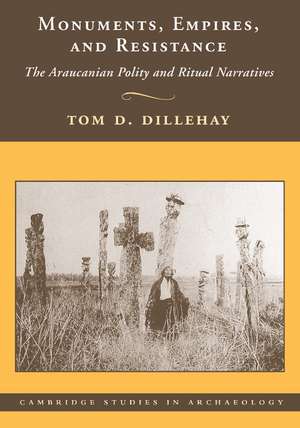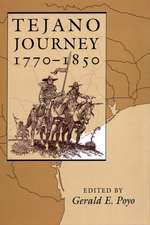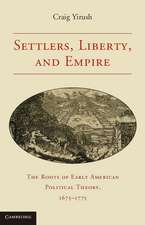Monuments, Empires, and Resistance: The Araucanian Polity and Ritual Narratives: Cambridge Studies in Archaeology
Autor Tom D. Dillehayen Limba Engleză Paperback – 3 oct 2012
| Toate formatele și edițiile | Preț | Express |
|---|---|---|
| Paperback (1) | 399.44 lei 6-8 săpt. | |
| Cambridge University Press – 3 oct 2012 | 399.44 lei 6-8 săpt. | |
| Hardback (1) | 878.63 lei 6-8 săpt. | |
| Cambridge University Press – 29 apr 2007 | 878.63 lei 6-8 săpt. |
Preț: 399.44 lei
Nou
Puncte Express: 599
Preț estimativ în valută:
76.43€ • 79.97$ • 63.49£
76.43€ • 79.97$ • 63.49£
Carte tipărită la comandă
Livrare economică 03-17 aprilie
Preluare comenzi: 021 569.72.76
Specificații
ISBN-13: 9781107407749
ISBN-10: 1107407745
Pagini: 506
Dimensiuni: 178 x 254 x 26 mm
Greutate: 0.87 kg
Editura: Cambridge University Press
Colecția Cambridge University Press
Seria Cambridge Studies in Archaeology
Locul publicării:New York, United States
ISBN-10: 1107407745
Pagini: 506
Dimensiuni: 178 x 254 x 26 mm
Greutate: 0.87 kg
Editura: Cambridge University Press
Colecția Cambridge University Press
Seria Cambridge Studies in Archaeology
Locul publicării:New York, United States
Cuprins
Introduction; 1. Purposes, settings, and definitions; 2. Shaping analogical and conceptual perspectives; 3. Araucanian prehistory and history: old biases and new views; 4. Imbricating social, material, metaphorical, and spiritual worlds; 5. The ethnographies of kuel, narratives, and communities; 6. An archaeological view of kuel and rehuekuel; 7. Contact, fragmentation, and recruitment and the rehuekuel; 8. Recursiveness, kinship geographies, and polity; 9. Epilogue and dying mounds.
Recenzii
Review of the hardback: '… I recommend this book to readers interested in South American archaeology and ethnography, as well as to those interested in other mind-building cultures … an empirically rich contribution to explorations of heterarchy, political economies and 'corporate' polities in prehistory. The book should stimulate creative thinking about shamanism, mound-building and the nature of political ties in other mound-building societies both in the ancient New World and further afield.' Cambridge Archaeological Journal
Descriere
This theoretically and empirically informed account examines the resistance strategies of the Araucanians to unite against the Spanish.


















